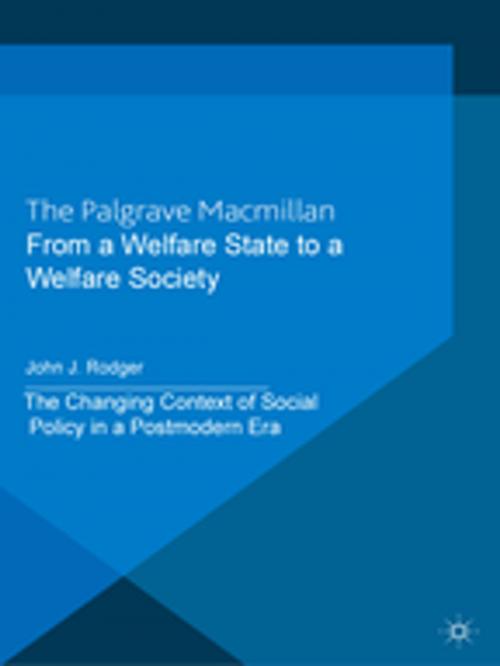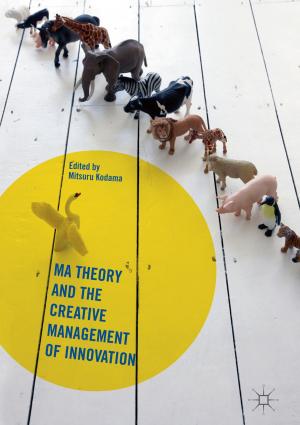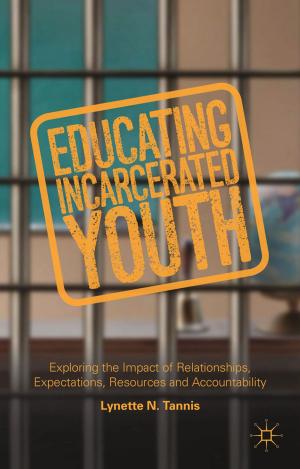From a Welfare State to a Welfare Society
Nonfiction, Social & Cultural Studies, Political Science, Politics, Social Services & Welfare, Social Science, Business & Finance| Author: | John J. Rodger, Jo Campling | ISBN: | 9781137174079 |
| Publisher: | Palgrave Macmillan | Publication: | April 13, 2000 |
| Imprint: | Palgrave Macmillan | Language: | English |
| Author: | John J. Rodger, Jo Campling |
| ISBN: | 9781137174079 |
| Publisher: | Palgrave Macmillan |
| Publication: | April 13, 2000 |
| Imprint: | Palgrave Macmillan |
| Language: | English |
The welfare state is being subjected to fundamental reappraisal. It is now
commonly argued that modern Western societies require a new 'moral economy', whether one of rediscovered charity and family values and increased welfare pluralism, or of rebuilt communities and a welfare system which provides a 'hand up' rather than a 'hand out'.
But do contemporary societies have the social solidarity and infrastructure
of caring networks to replace the overarching capacity of the state to
deliver social welfare? This text critically assesses the range of academic
and political argument and analysis that surround the much debated shift in
responsibility for welfare from the state to civil society. It both charts the changing economic and political context of social policy at the beginning of the twenty-first century in an era of post-Fordism, post-emotionalism, globalisation and rising social exclusion, and it links its discussion of practical welfare policies wtih increasingly salient theoretical debates around, for instance, changing conceptions of citizenship, social solidarity and community.
From a Welfare State to a Welfare Society situates its analysis in the
conflict between ideas from the present and past about the future. The
clash between modernism, anti-modernism and post-modernism as ways of seeing and approaching social policy is a recurrent theme in the text, which
centres on questions and debates of interest and value to a range of
students of social policy, sociology and politics.
The welfare state is being subjected to fundamental reappraisal. It is now
commonly argued that modern Western societies require a new 'moral economy', whether one of rediscovered charity and family values and increased welfare pluralism, or of rebuilt communities and a welfare system which provides a 'hand up' rather than a 'hand out'.
But do contemporary societies have the social solidarity and infrastructure
of caring networks to replace the overarching capacity of the state to
deliver social welfare? This text critically assesses the range of academic
and political argument and analysis that surround the much debated shift in
responsibility for welfare from the state to civil society. It both charts the changing economic and political context of social policy at the beginning of the twenty-first century in an era of post-Fordism, post-emotionalism, globalisation and rising social exclusion, and it links its discussion of practical welfare policies wtih increasingly salient theoretical debates around, for instance, changing conceptions of citizenship, social solidarity and community.
From a Welfare State to a Welfare Society situates its analysis in the
conflict between ideas from the present and past about the future. The
clash between modernism, anti-modernism and post-modernism as ways of seeing and approaching social policy is a recurrent theme in the text, which
centres on questions and debates of interest and value to a range of
students of social policy, sociology and politics.















